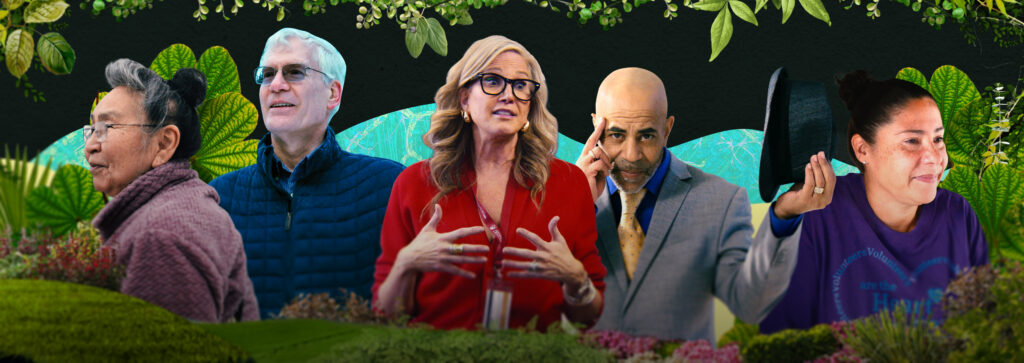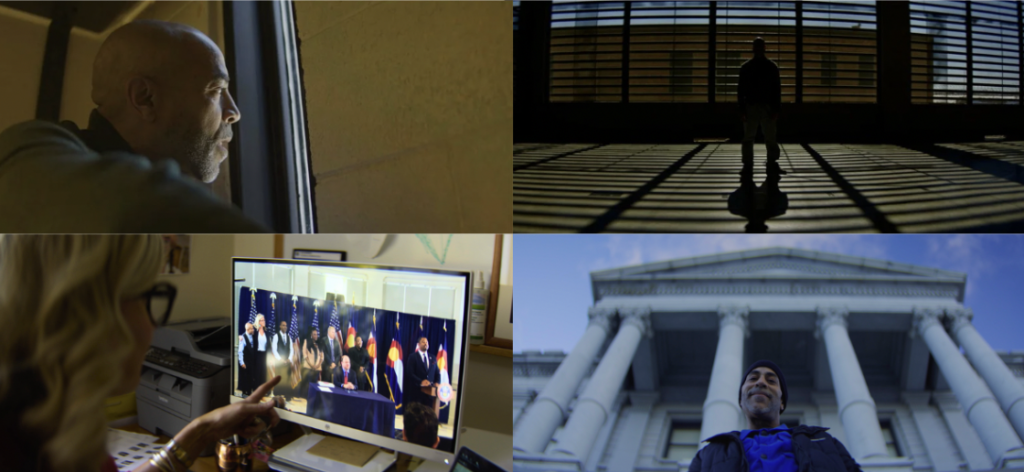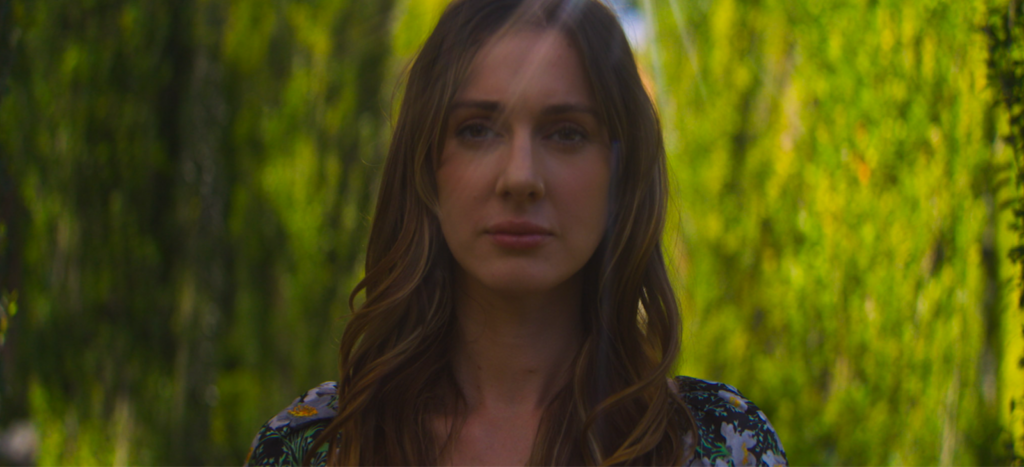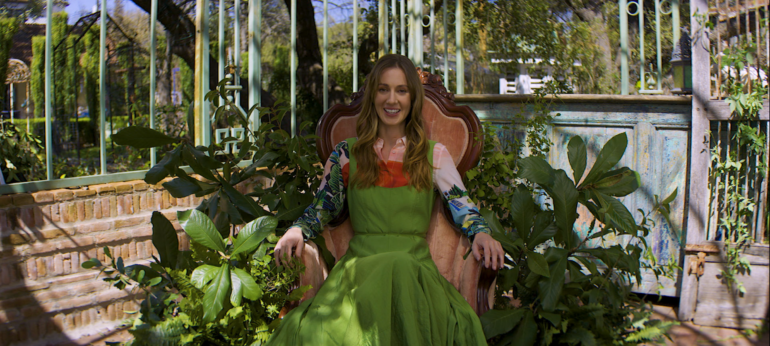Growing up in the Bay Area, I was extremely shy, but I found my voice behind the lens of a camera. I spent hours creating imaginary worlds and chasing stories that felt larger than life. By the time I was 18, my films about mental health, identity, and teen issues had premiered at top film festivals across the country.
I went on to film school and got a career in production, but I never imagined that my own story — one that began with a series of confusing concussions — would lead me to uncover a hidden epidemic affecting millions. Today, I’m on a deeply personal and universal mission: to use film to bring awareness to the invisible crisis of brain injury.
The Film
Fall of the Phoenix is a 90-minute magical realism documentary inspired by Alice in Wonderland. The film begins with my sister’s concussions and evolves into an investigation of a hidden epidemic: traumatic brain injury.
As I dig deeper into this largely invisible crisis, I uncover my own history of undiagnosed brain injuries. My journey becomes the connective thread — a personal vehicle through which the film explores how brain injury intersects with broader systemic issues like misdiagnosis, incarceration, domestic violence, homelessness, and suicide.
Through this lens, Fall of the Phoenix offers a deeply intimate yet widely resonant portrait of a crisis hiding in plain sight.

Filmed across California, Alaska, Colorado, Connecticut, and beyond, the documentary blends grounded, real-life storytelling with surreal, dreamlike visuals. A doctor drives a mobile care unit — nicknamed the “Brain Bus” — across icy roads to bring neurocare to remote communities. A community garden becomes a living metaphor for regeneration. A county jail becomes the unlikely site of radical transformation, where brain science meets justice reform.
This isn’t just a film about brain injury. It’s a cinematic journey toward truth, dignity, and access to the healing we all deserve.
What is Traumatic Brain Injury (TBI)
TBI isn’t just a sports issue or a freak accident — it happens when normal brain function is disrupted by an external force, such as a fall, car accident, act of violence, or even a stroke. Every 9 seconds, someone in the U.S. sustains a brain injury and more than half go undiagnosed. The impacts can be life-altering.
Symptoms like memory loss, depression, impulse control issues, and mood swings are often misdiagnosed as behavioral problems, mental illness, or even criminal tendencies.
Many people — especially women, children, and those facing systemic inequities — never receive the diagnosis or care they need.
Eye-Opening Research
- Nearly 2 million children suffer concussions each year—many go undiagnosed (CDC)
- Over 80% of women in domestic violence shelters have suffered a brain injury (Harvard)
- 60–80% of incarcerated individuals have a history of undiagnosed TBI (University of Denver)
- More than 50% of people experiencing homelessness have had a brain injury, often before losing stable housing (The Lancet Public Health)
And yet — despite its prevalence — brain injury remains one of the most under-recognized public health issues of our time.

The good news? The brain is capable of incredible healing. Research in neuroplasticity shows that, with the right therapies and support, people can recover.
And that’s where Fall of the Phoenix comes in.
This isn’t just a film — it’s a creative movement. By blending immersive storytelling with real-world advocacy, we aim to shift the conversation. Fall of the Phoenix brings audiences inside the experience of brain injury and sparks vital dialogue around healing, resilience, and reimagining systems of care.
We’re not here to overwhelm people with medical jargon — we’re here to create understanding, compassion, and connection. Because brain injury doesn’t just affect individuals — it impacts families, communities, and entire systems.
How to Help
The more we talk about brain injury, the more we begin to recognize its impact — and the more people we can help. Together, we can make the invisible visible.
- Visit fallofthephoenixfilm.com to watch the teaser and follow our journey.
- Share your story through our upcoming online community for survivors and caregivers.
- Host a screening or event at your school, clinic, organization, or home.
- Partner with us — We’re seeking collaborators in healthcare, education, justice reform, and wellness.
- Donate to support the next phase of production (tax-deductible via From the Heart Productions).

This post was submitted as part of our “You Said It” program.” Your voice, ideas, and engagement are important to help us accomplish our mission. We encourage you to share your ideas and efforts to make the world a better place by submitting a “You Said It.”

Lauren Lindberg (Director/Producer) is an award-winning filmmaker known for her creative and impactful storytelling. Her films have garnered awards at top festivals, including San Francisco International, Santa Fe International, Frameline, San Luis Obispo, and Toronto. She won the American Society of Cinematographers’ Heritage Award for Best Documentary Short, earned a Jefferson Award for Public Service for her filmmaking, and her work is featured in The Paley Center’s Permanent Collection. A Chapman University BFA graduate, she has produced high-profile campaigns and served as showrunner for the award-winning docuseries Hard Reset, Your Brain on Money, and Heretics. Fall of the Phoenix is her most personal film yet.

